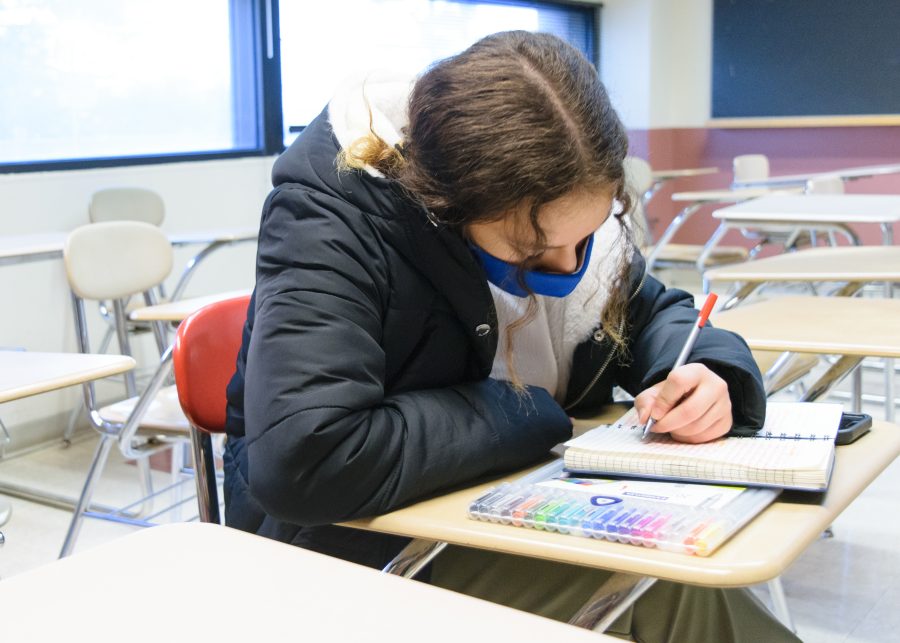From the beginning of time, we have been teaching students. From verbal oral tradition in ancient times to the first universities established, education has been a critical aspect of the human experience. Although the modern understanding of education is substantially different than education during the beginning of written history, the basic principle remains the same. Adults teach children and those children grow up to teach the next generation. From religious studies to apprenticeships to highly specialized scientific jobs, education has been critical in building infrastructure, creating governments and maintaining societies. However, are we doing teaching wrong? Is it possible that the way we currently teach is not effective and results in inefficient learning? Not only is this possible, but I also find it extremely likely that this is the case.
One of the worst aspects of the current education is teaching based on age. During early age development, two children of the same age might have widely different cognitive abilities. Furthermore, the concept of “grades” lumps together students who were all born within one twelve-month time span. Once again, children have widely different social, intellectual and emotional intelligence, particularly at a young age. To teach them all at the same pace is not fair to students who may learn quicker or slower than the average. This issue is mainly a result of limited manpower in our education system. In order to tailor the educational experience to each student, there would need to be one teacher per one to two students, which is simply impractical. As it is, most schools are already overworked, underpaid and understaffed.
Another problem with the way we teach is teaching for tests. From our early schooling to graduate studies, exams are a critical method of ensuring students learn. You might recall spelling tests in elementary school or math tests throughout your education. Tests are an extremely important aspect of the way in which we are educated, however, they put a lot of stress on learning for the test and forgetting the material once you complete the test. People often complain that they “throw up” what they learned on the test and forget it once the test is over. This form of teaching, while seemingly effective in forcing students to learn, does not allow students to experience the material and rather forces them to shove their minds with information.
Another major issue with how we teach is disciplinary issues. Teachers often take on the role of a disciplinary board as well as an educator. In some cases, a teacher’s power in disciplinary issues often comes down to their word against the student’s. Teachers can often use discipline as a way to “make an example” out of a student. As humans, teachers often have favorites and that might lead to some students experiencing less than ideal interactions with teachers. Teachers, particularly in smaller schools, often do not have the necessary training to deal with potentially troublesome students. These students often find themselves in trouble and publicly shamed by their teachers. Every school should have counselors available at all times to deal with issues. Students may have emotional issues at home or have certain social irregularity issues. Rather than helping with these issues, teachers may view these issues as a reluctance to learn and may punish the student.
Despite western education’s attempts to assert itself as the most effective and most prestigious education system, the ways we are taught are not the best at ensuring long-term knowledge. Students should be encouraged to explore subjects they enjoy and should not be expected to learn at the same pace as their peers. Students learn at an extremely different pace and ensuring that they are all taught effectively should be the number one priority of any educator.

